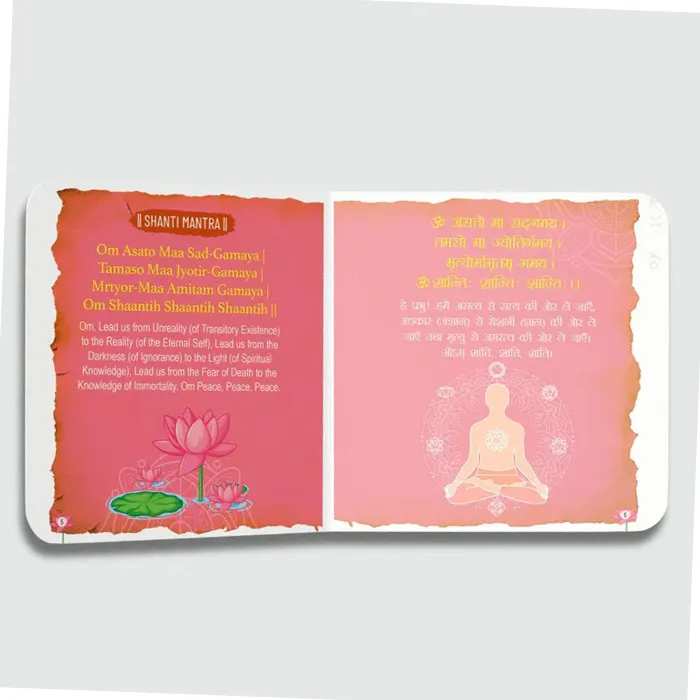Ethics is a branch of philosophy that deals with the study of morality or making the right choices. The word has been derived from the Greek word ethos meaning character. Can the right choice be made? There will always be some “yea sayers” and some “naysayers” with any decision that one makes. There will always be some pros and cons for any and every decision that is made. So how can we choose what is right and what is wrong? Potter Stewart (1915-1985), an American judge once said, “Ethics is knowing the difference between what you have a right to do and what is right to do.” We often clamor for our rights but really do not muse about what may be right for us to do. Philosophy proposes two kinds of theories in this regard.
The first ones are the deontological theories which are also called formalism or nonconsequential theories. According to these, each action is examined per se meaning that either an act is right or wrong. For example, lying is wrong irrespective of whether it causes any benefit or not. In other words, the ends do not justify the means. The other set of theories is called teleological or consequential theories. According to these, the moral status of right or wrong is determined by the consequences produced or the ends can justify the means. For example, if someone is lying and someone benefits then it can be considered ethical. However, these philosophical theoretical propositions are not very pragmatic and pose practical challenges in guiding us to make everyday decisions.
More practical guidance comes from both Eastern and Western paradigms. According to Eastern philosophy, as proposed by a noted Indian philosopher, G. V. Vethathiri (1911-2006), unethical behavior is something that causes pain or harm to self or to others at present or in the future. How do we determine that something is going to cause pain or harm? This determination can be made at any given point in time based on previous experience, discussion with others, prevailing societal norms, or one’s intuition.
If it is determined that no pain or harm is foreseeable from one’s action, then in that case the action can be justified as ethical. Likewise, Western philosophers have also come up with four cardinal ethical principles that are used mainly in biomedical sciences, namely, nonmaleficence, beneficence, autonomy, and justice. Nonmaleficence is based on the dictum “Whatever else you do, do no harm.” It has three components not inflicting harm, preventing harm, and removing harm when it is present. Beneficence on the other hand implies the duty to contribute to the welfare or improvement of the situation or people. Autonomy refers to the freedom for everyone to decide their own course of action as long as they do not cause harm to others. Finally, justice means each person should be treated fairly and similarly. These principles from both Eastern and Western paradigms are sound and can be applied in everyday interactions.
Another dimension to ethical conduct comes from the Bible where Jesus narrates the parable of the Good Samaritan. In the parable, a man was beaten down by robbers, stripped of his belongings, and left half dead. A passing by priest and a Levite did not pay heed to the miseries of the man but a Samaritan bandaged his wounds, took him to an inn, and took good care of him. The moral of the story was that we should conduct ourselves like the Samaritan and not the priest or the Levite. This is indeed true for ethical behavior. What is the point in being right if it is not for serving fellow human beings and ridding them of the miseries that befell them?
Ethical behavior provides several advantages or benefits. It brings a sense of joy, purpose, and meaning to life. The Bhagavad Gitasays that being good is a reward in itself. If we are ethical in our conduct, we feel internally rewarded and derive a sense of satisfaction versus getting more stressed if our conduct is unethical. Some research studies done at worksites have shown that having an ethical climate reduces distress in employees and improves physical and psychological health. Being ethical provides a basis for a principled life and helps set standards for living. We can refer to these principles when faced with a difficult decision to make or if we are confused or lack clarity as to what to do. Being ethical also motivates others to be ethical and others tend to reciprocate in the same way. Being ethical thus helps raise the bar for others and contributes to the welfare of others thereby improving society.
Sometimes in our pursuits for happiness, we tend to lose sight of the big picture and the greater good for humankind. This is also important to keep in mind for ethical conduct. For example, take the case of sports and athletics. We try to conduct ourselves by so-called ethical principles when indulging in sports activities but unwittingly miss the ethics. The purpose of sports and athletics was traditionally to promote health and wellbeing but look at how the commercialization of these endeavors and the competition not only among the players, but the fans are responsible for so much disharmony, stress, and pain.
Somewhere, in our pursuit, the purpose of health and wellbeing has been lost and replaced with an insatiable thirst to beat the other person, team, or group. Our outlooks have become very narrow and driven by self-interest. Therefore, peace and harmony are disrupted. Being ethical entails looking at the purpose of each human activity and placing it in the context of what it means for harmony within self, with others, and with nature. Only if an action produces harmony can we say that the action is ethical.
Sometimes people believe that one should do whatever the majority is doing. Should we go with the majority in determining the right from the wrong? Should we be guided by the majority in our ethical conduct? Mahatma Gandhi (1869-1948) said, “In matters of conscience, the law of the majority has no place.” We should not always be led by the opinion of the majority but be guided by our own thinking and intuition. We must determine for ourselves whether what we are doing is what we indeed believe will foster harmony, and well-being and not cause any harm. Such thinking should override the opinion of the majority if it is contrary to what we believe in. Mahatma Gandhi further states the seven sins that are appropriate in the context of ethical conduct. These seven sins are, “Wealth without work; pleasure without conscience; knowledge without character; commerce without morality; science without humanity; religion without sacrifice; and politics without principles.” Each of these dictums is great for introspective meditation and we must try to go through these when deciding on any of the above pursuits.
The final dimension of ethics pertains to work ethics. We need to learn to worship our work. There should be complete devotion to one’s work. If one is a student, then there should be complete devotion to studying. If one is pursuing a job, then that should be done with utmost sincerity. Such work ethics is what makes countries great as is the case of the United States where dignity of labor, sound work ethics, and reward for hard work all go in synchrony. Sound work ethics are at the root of all development and progress of humankind.
Dr. Manoj Sharma is a Professor and Chair of the Department of Social and Behavioral Health at the University of Nevada, Las Vegas, USA. He is an avid practitioner of Kundalini Yoga.























